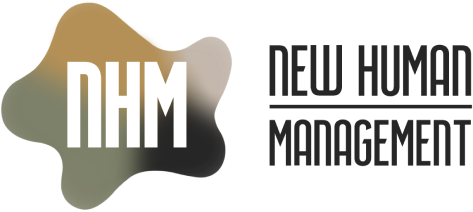Supervisors (SB, SB, SBA), board members & directors
Governance and supervision is subject to social developments that directly affect the functioning of supervisors and directors. The actions of directors and supervisors are influenced by social, economic, digital and environmental transitions. There are high and new demands on supervision. How do you deal with the tension between trust, dependence and autonomy? How do you stay role-proof? What review or supervisory framework do you use? How do you maintain your reputation but continue to act ethically and authentically? How do you conduct careful dialogues with all stakeholders involved and deal with paradoxes that arise in them? How do you ensure a balanced team in which members operate from natural qualities, experience and expertise and complement each other instead of fighting each other? How do you remain modest but use your authority when necessary? How do you connect all the sometimes conflicting interests? We understand that there can be many challenges.
Embracing the challenges of supervision and governance together?
Our approach is based on experience and the use of proven, practical tools and interventions. Together, we help your team or you as an individual to answer the new questions and demands on supervision. We help you put together the right team, gain insight into team relationships, gain insight into natural preferences and areas of expertise, find a balance between autonomy and solidarity, connect and manage stakeholders, conduct a careful dialogue, and deal with many other issues relating to the supervision and management of your organization.
For whom is this interesting?
We offer a variety of tools and interventions for supervisors, board members and directors. Our approach is strongly focused on using proven, practical tools and interaction in an approachable and positive way. Areas of interest include:
- Supervisory Board (SB).
- Supervisory Board (BoS).
- Advisory Board (BoA).
- Drivers
- Directors (board members)
Questions often received
Questions are mostly about one's own (team) composition or about the organization one is supervising. Some examples:
- How do I balance involvement and professional distance?
- What role best suits the different members of the team?
- How do I put together the right team where we complement each other and can also connect?
- How do I handle the dynamics between commissioner, director and stakeholders?
- How can I as a Board of Supervisors work on ongoing self-development of team members individually and as a team?
- How do we quickly gain insight into qualities, drives, pitfalls and development opportunities of the members of our team?
New Human Management adds a new dimension to the world of governance and supervision in this unique way.
Email: info@newhumanmanagement.com Tel: +31 (0) 85 0046163
Amsterdam: Prinsengracht 769, 1017 JZ Amsterdam | Apeldoorn: Landdrostlaan 51, 7327 GM Apeldoorn
Copyright © 2021 - New Human Management B.V. - All rights reserved
